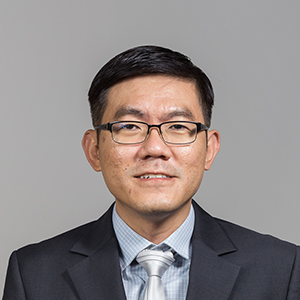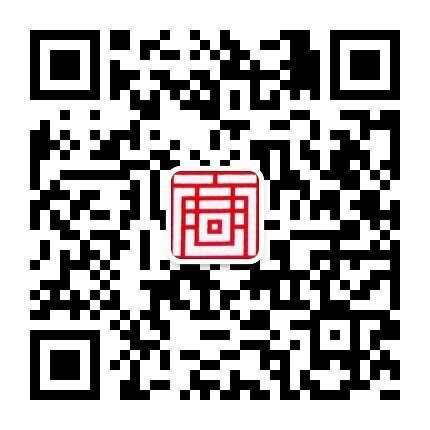Seminar talk at Soochow University -- Prof. Tan Chuan Hoo
announcer: 殳妮 release time: 2024-11-04 views: 10
Time: 13 November, 2024, 15:00-16:30
Venue: Room 317, Economics & Finance Hall
Title: Routine and Innovative Use of Enterprise System: Intricacy of Change Management Levers, System Characteristics, and Regulatory Focus
Abstract: The success of enterprise systems (ESs) requires employees to adapt and integrate these systems into their daily tasks, which include routine and innovative uses. This study builds on the context-specific theorization framework to propose a model that interweaves usage context (i.e., change management levers in terms of leadership styles and support structures), system characteristics (i.e., system modularity and system complexity), and user characteristics (i.e., situational regulatory focus) affecting employees’ ES uses (i.e., routine and innovative uses). Using longitudinal field survey data from employees and their corresponding managers at a large company implementing a customer-relationship-centric ES, our empirical investigation reveals three main findings. First, we observed two distinct effectual paths of leadership styles (i.e., transactional vs. transformational) and support structures (i.e., impersonal vs. personal) on ES use as mediated by situational regulatory focus (i.e., prevention vs. promotion). Second, system characteristics have varying moderating effects. Specifically, system modularity strengthens the relationship between situational prevention focus and routine ES use yet insignificantly influences the relationship between situational promotion focus and innovative ES use. In contrast, system complexity weakens the relationship between situational prevention focus and routine ES use while strengthening the relationship between situational promotion focus and innovative ES use. Third, routine and innovative ES uses influence job outcomes differently (i.e., leader-rated job performance and employee self-evaluated job satisfaction). In summary, organizations seeking effective ES adoption should tailor change management levers, consider system design nuances, and recognize individual regulatory focus. By doing so, they can unlock the full potential of their ESs and enhance their employees’ job outcomes.
 Speaker: Tan Chuan Hoo, Associate Professor, Department of Information Systems and Analytics, National University of Singapore
Speaker: Tan Chuan Hoo, Associate Professor, Department of Information Systems and Analytics, National University of Singapore
Speaker bio: Chuan Hoo is an Associate Professor (tenured) in the Department of Information Systems and Analytics, School of Computing at the National University of Singapore (NUS). His research interests are (1) the digital economy and (2) digitalization and the future of work. Many of his research works are in collaboration with many public and private organizations and institutions. His work has appeared in premium journals such as MIS Quarterly, Information Systems Research, Journal of Management Information Systems, Journal of AIS, ACM Transactions on Management Information Systems, IEEE Transactions on Engineering Management, Journal of American Society for Information Science and Technology, and Long-Range Planning among many others. He has authored over 100 peer-reviewed papers (//goo.gl/gZcd47). Chuan Hoo regularly serves on program committees, track chairs, and associate editors for conferences such as ICIS and PACIS. He serves or has served on the editorial boards of leading journals, including Information Systems Research (Associate Editor), MIS Quarterly (Associate Editor), Journal of AIS (editorial board member), and IEEE Transactions on Engineering Management (editorial board member), among others. Chuan Hoo is the recipient of the INFORMS ISS Design Science Award (2013), the MIS Quarterly Outstanding Associate Editor Award (2016), the Journal of AIS Best Reviewer Award (2016), the Journal of AIS Reviewer Hall of Fame (only one scholar recognized to be a top reviewer with over 50+ papers reviewed in 2020), among others.
Email: [email protected]



